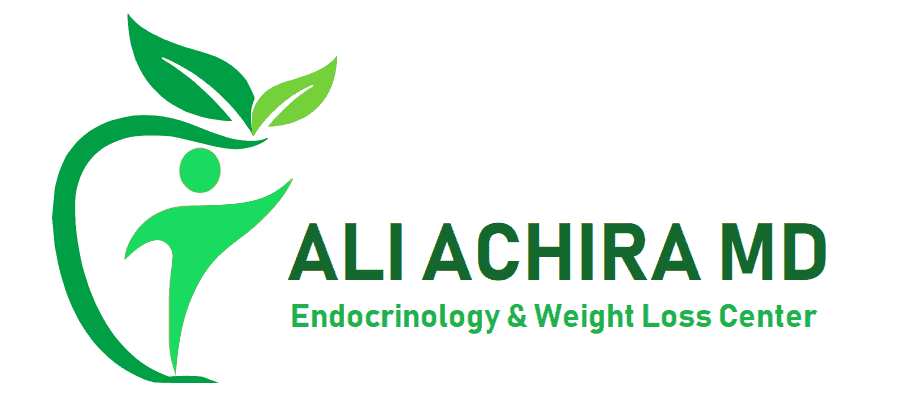Polycystic Ovarian Syndrome (PCOS)
Polycystic ovarian syndrome PCOS is thought to be the most common endocrine disorder in women. This health issue affects 1 in 10 women during their childbearing years (15 to 44). Between 2.2 and 26.7% of the women during these years have been diagnosed with PCOS. PCOS is not usually diagnosed right away, as up to 70% of the patients have revealed to struggle with an undiagnosed case of PCOS.
PCOS causes hormonal imbalances and metabolism issues that affect the way that a woman feels, looks, and behaves. PCOS is thought to be a very common, yet efficiently treatable health issue. PCOS affects the ovaries and the process of ovulation, causing three major issues:
- Multiple cysts in the ovaries;
- Increased levels of testosterone;
- Irregular and even skipped menstrual periods.
The cause for PCOS is unknown, although genetics are considered to have a certain role. Obesity, inflammation, and insulin resistance are also suggested to serve as strong risk factors for this condition.
Common symptoms of PCOS include:
- Irregular periods;
- Heavy bleeding during the menstrual period;
- Increased hair growth, especially on the face, back, abdomen,
and chest, as found within up to 70% of the patients; - Common acne breakouts;
- Weight gain;
- Severe headaches, etc.
If left untreated PCOS can lead to infertility, miscarriage, gestational diabetes, type 2 diabetes, sleep apnea, depression, anxiety, metabolic syndrome, and many other potential complications.
Treatment focuses on the symptoms themselves. Lifestyle changes to induce a healthy weight will be recommended. Birth control may be used as well as a way to restore the body’s healthy hormone levels and help regulate your normal menstrual cycle.
Resources:
- https://www.cdc.gov/diabetes/basics/pcos.html
- https://www.hormone.org/diseases-and-conditions/polycystic-ovary-syndrome
- https://www.healthline.com/health/polycystic-ovary-disease
- https://www.womenshealth.gov/a-z-topics/polycystic-ovary-syndrome
- https://www.webmd.com/women/what-is-pcos#1
When to see a doctor
If you have concerns about your menstrual periods or experiencing infertility Call Dr. Achira Endocrinology and Weight loss Center at (313) 600-4669 If you notice excess hair in your chin or male-pattern baldness Schedule an appointment.


